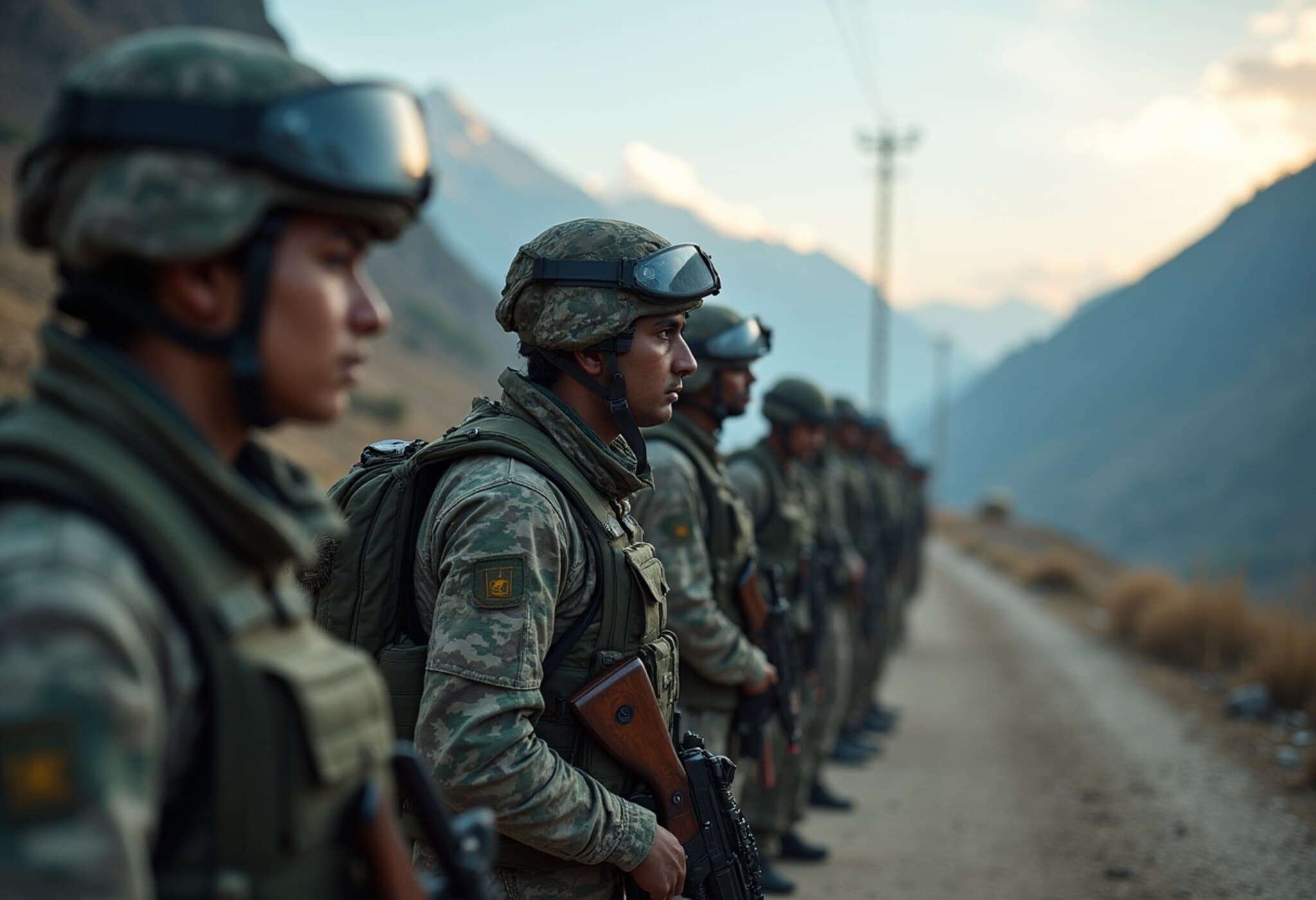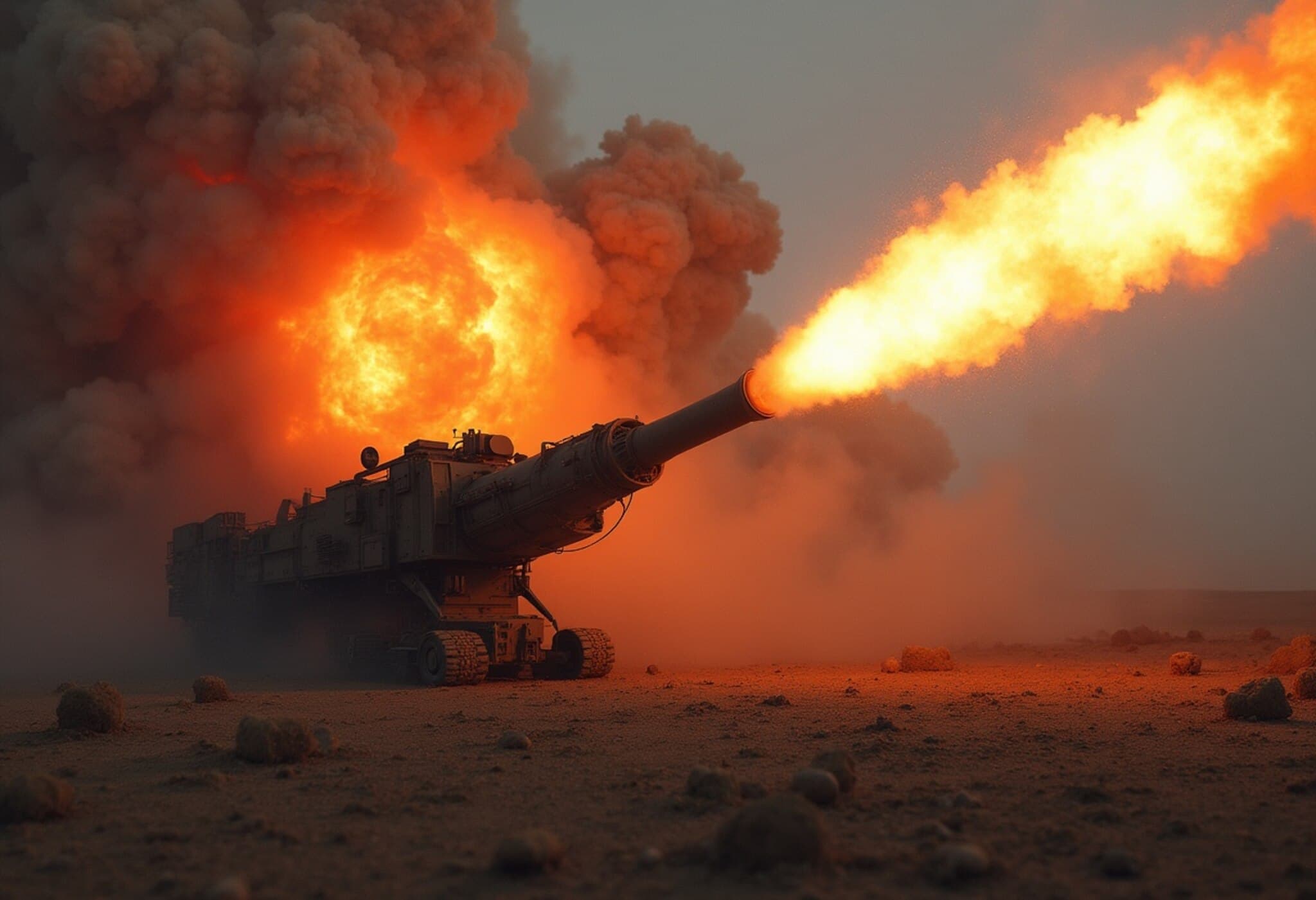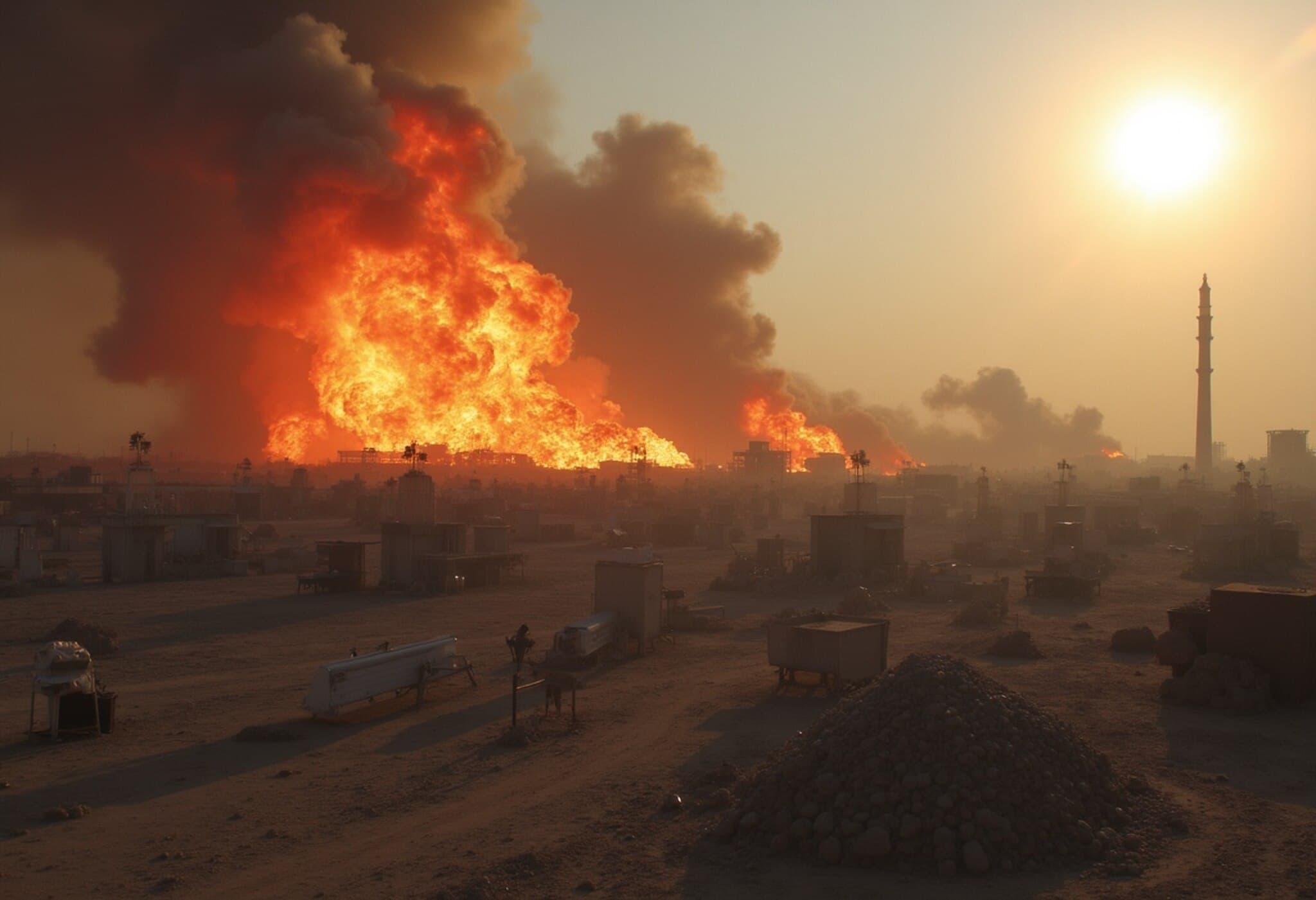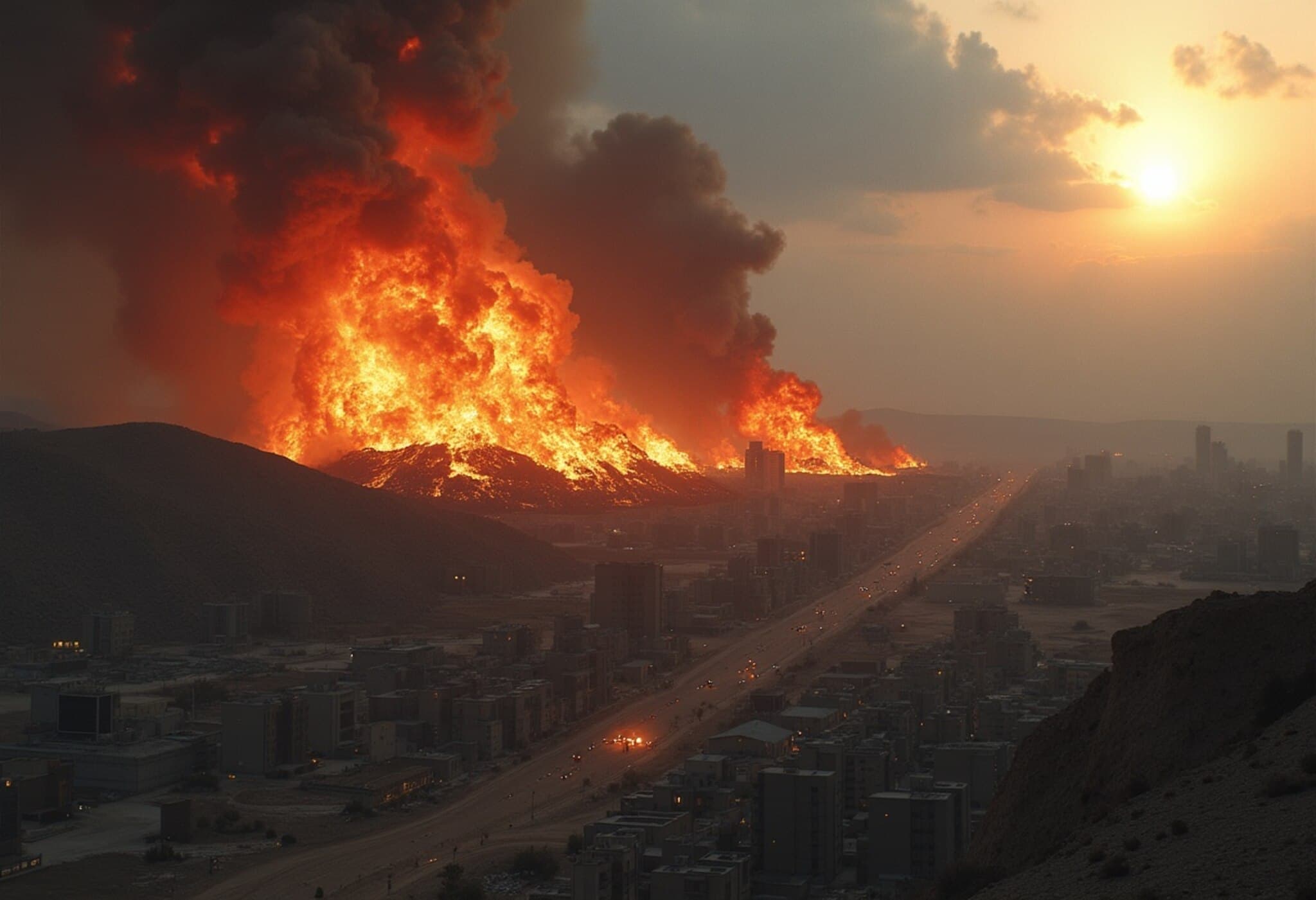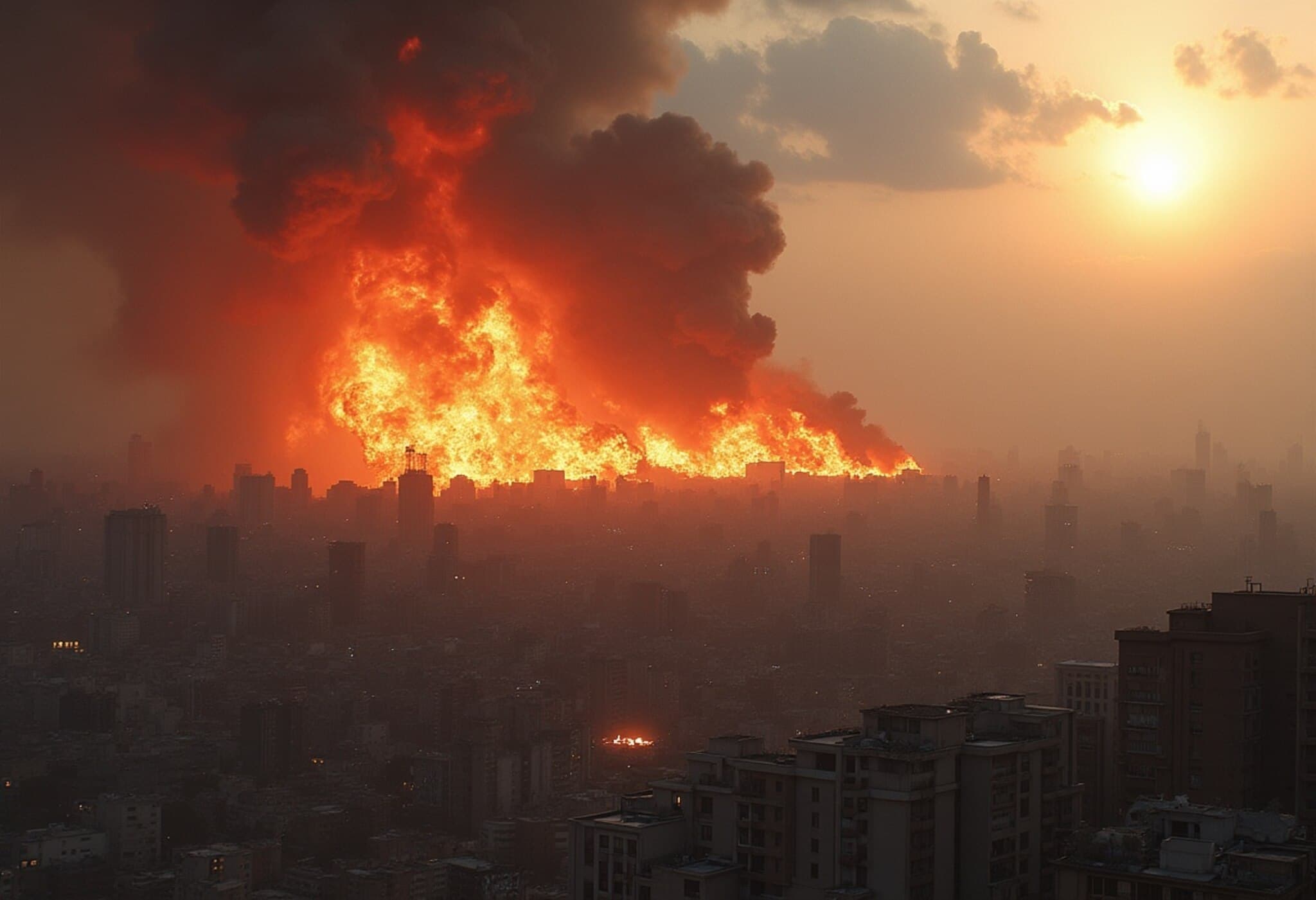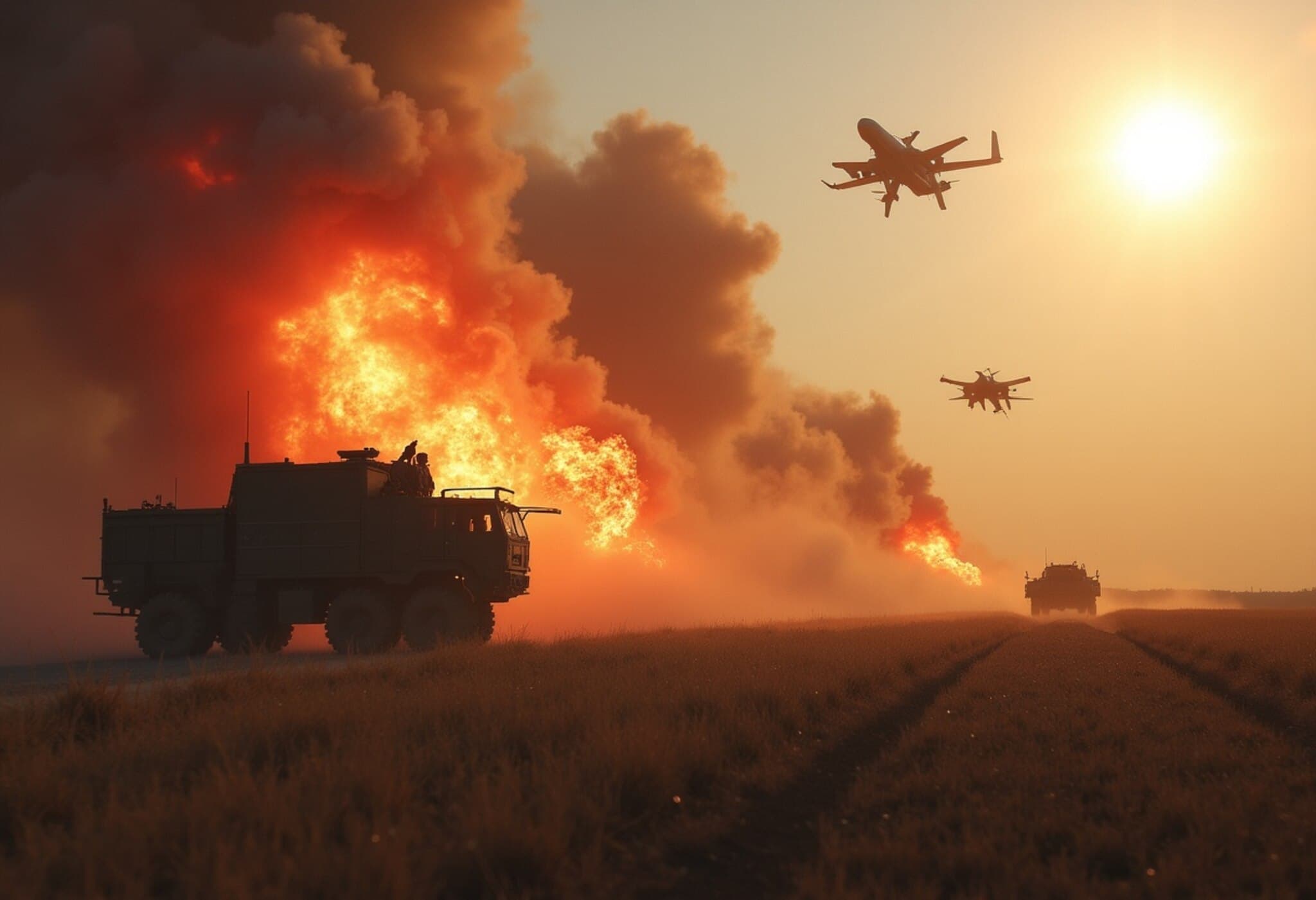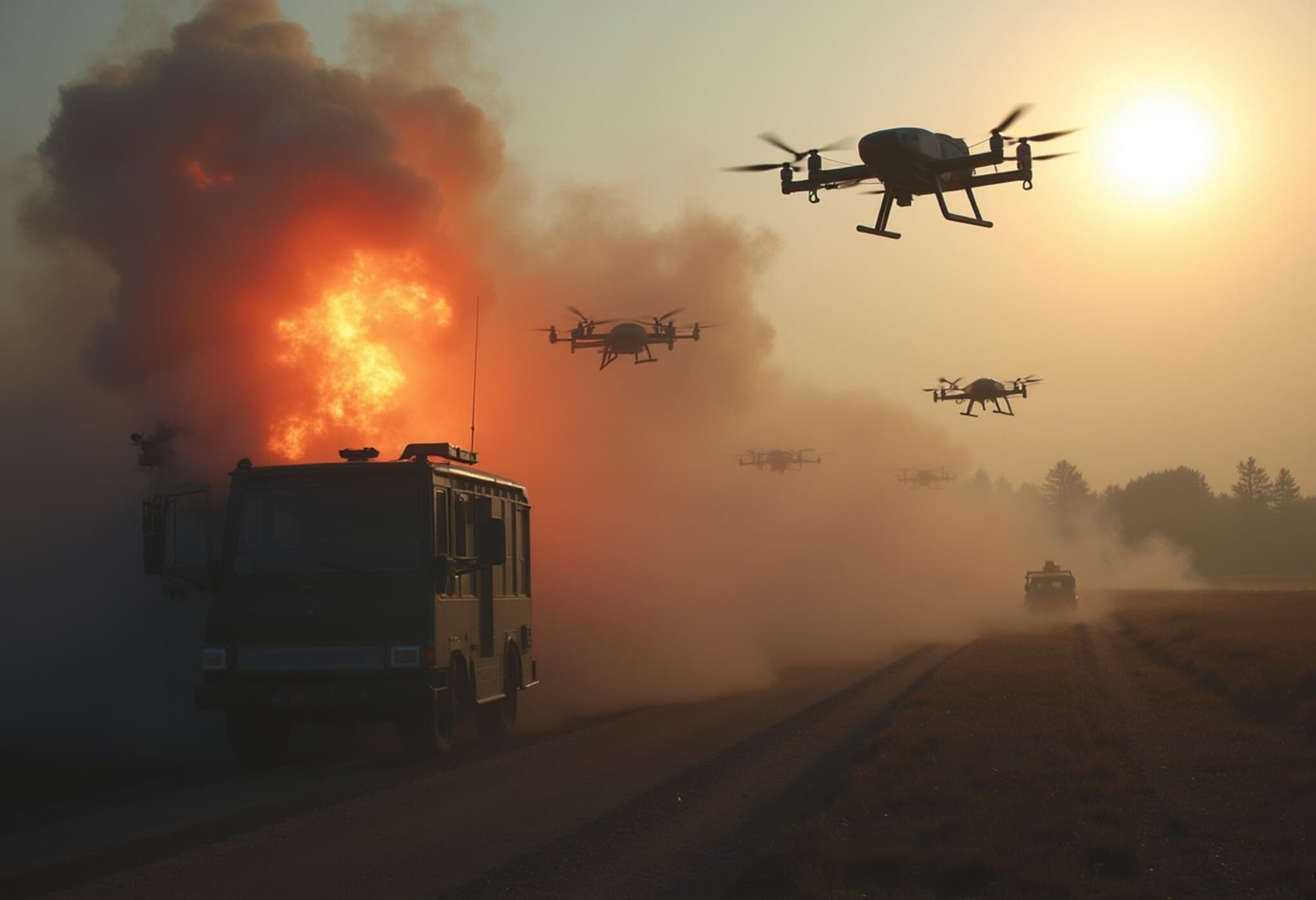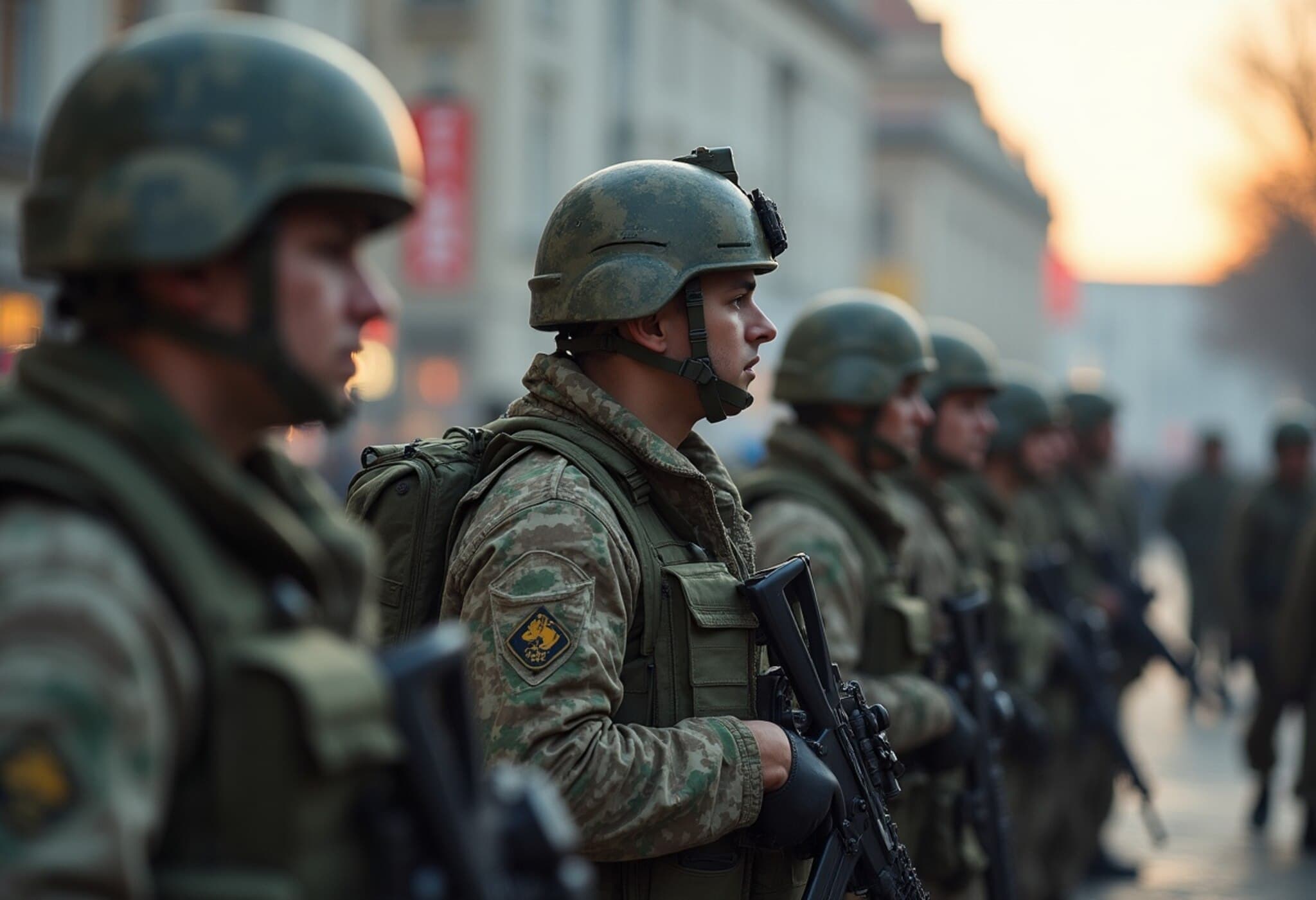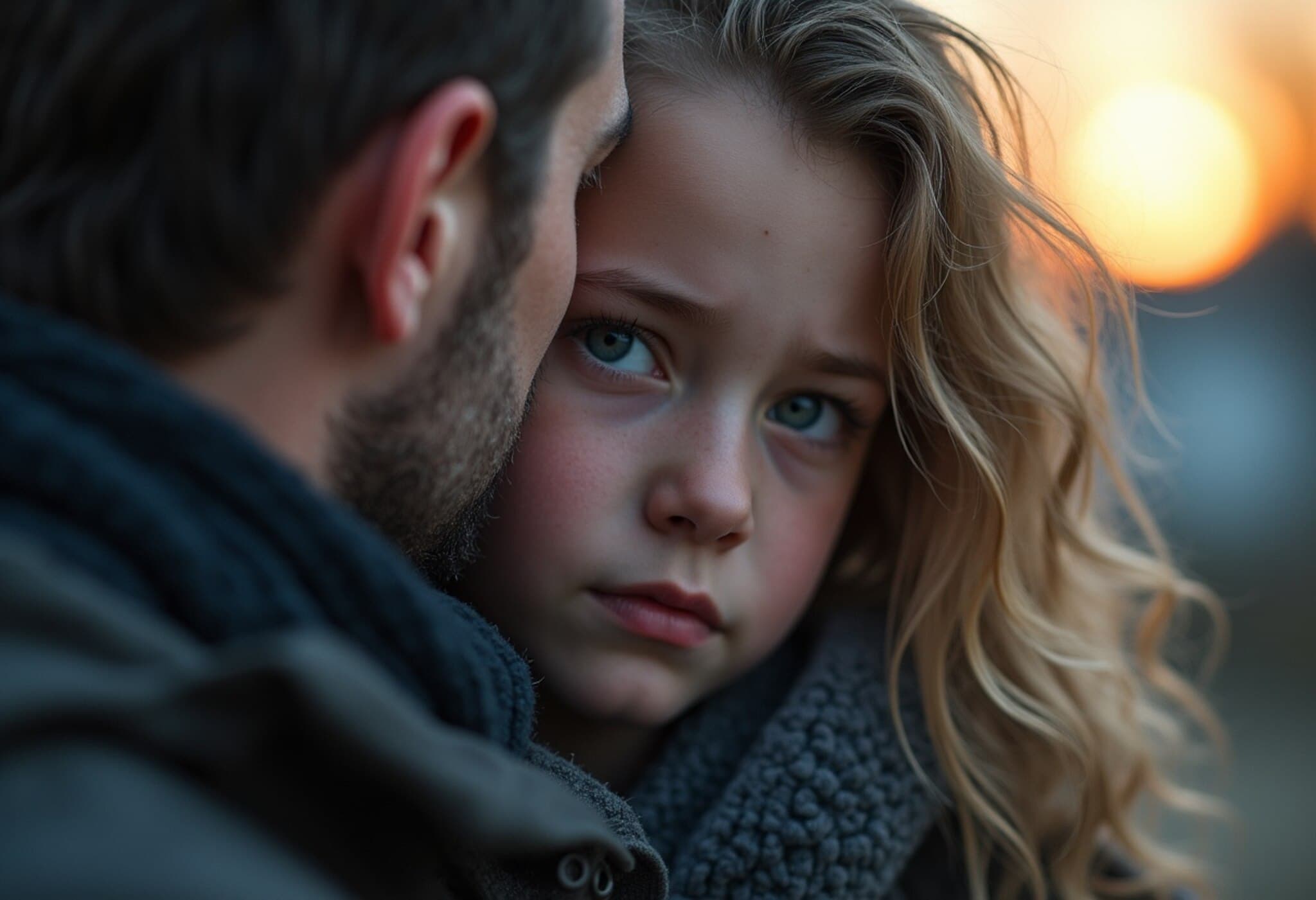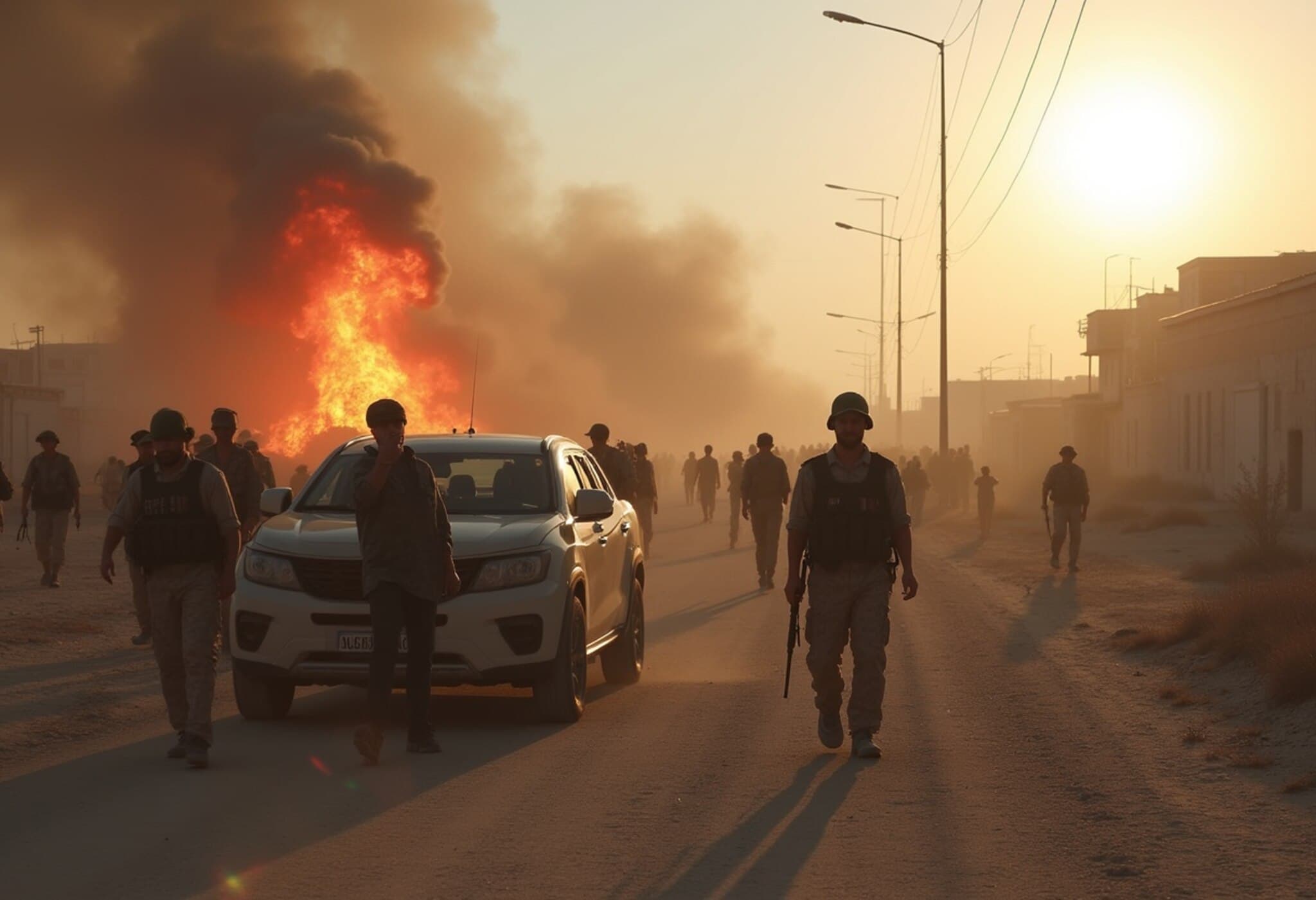Poland Takes Proactive Steps Amid Growing Regional Tensions
In a bold and timely move, Poland is set to release a comprehensive “Safety Guide” aimed at equipping its citizens with essential knowledge to navigate the uncertainties of war, natural disasters, and crises. This initiative comes as the nation faces increasing geopolitical unrest due to the ongoing conflict in neighboring Ukraine and concerns over potential Russian aggression.
Why Now? The Rising Threat Perception
Polish Prime Minister Donald Tusk has sounded repeated alarms about the real and immediate risks of global conflict. Citing the war in Ukraine and a surge in cyberattacks and sabotage allegations targeting Western nations, Tusk’s administration has emphasized that preparedness is no longer optional but a national imperative.
Despite Moscow's firm denials regarding sabotage and cyberwarfare claims, the Polish government is responding with sober pragmatism. As Robert Klonowski, Deputy Director at Poland’s Interior Ministry, explained, “Wars are not won on the front lines alone. The Ukrainian conflict underscores the critical importance of resilience on the home front.”
The Safety Guide: What Citizens Need to Know
The upcoming pamphlet, a 40-page booklet aptly named Safety Guide, offers practical advice and actionable steps for the average Pole. It covers key survival topics such as:
- How to secure and purify clean water supply
- Actions to take during air raids or sudden blackouts
- Identifying and accessing local bomb shelters
- Managing shortages of vital resources like food, medicine, and fuel
In a unique move to foster inclusivity, the guide will not only be released digitally in Polish but also translated into English and Ukrainian. Plans are underway to create Braille editions and child-friendly versions, underlining Poland's commitment to reaching diverse segments of its population.
Mass Distribution and National Resilience Efforts
The government intends to distribute printed copies to approximately 14 million households across Poland, marking the most extensive public safety campaign the country has seen in decades. This wide dissemination highlights the authorities’ goal: to ensure that no citizen is caught unprepared if a crisis arises.
Poland’s strategic geographical position—bordering Ukraine, Russia, and Belarus—places it at the forefront of NATO’s eastern flank. The country has been vocal in demanding increased defense budgets from alliance members and is leading by example, allocating a remarkable 4.7% of its GDP to military spending in 2025.
Expert Perspective: The Broader Implications
From an American policy analysis viewpoint, Poland’s approach underscores an urgent lesson for democracies worldwide: modern warfare extends beyond battlefields to include information warfare, cyber threats, and civilian resilience. The initiative highlights the critical role of public preparedness in national defense strategies, a factor often underestimated in Western discourse.
Moreover, it prompts deeper questions about civil-military collaboration and the social contract during prolonged geopolitical instability. How governments communicate risk and empower citizens to act responsibly can shape not only survival outcomes but also the social fabric in times of crisis.
Unseen Narratives: The Human Dimension
Behind the statistics and policy jargon lies the lived reality of millions of Poles, many of whom have memories of conflict or displacement within recent decades. This guide is more than a document; it is a source of reassurance and a practical tool to reduce anxiety. It invites people to take control in an environment often dominated by uncertainty and fear, reminding us that preparedness is as much about psychological resilience as physical safety.
Looking Ahead: Poland’s Role on the Global Stage
As Poland strengthens its defenses at home, its actions ripple beyond its borders, signaling steadfast commitment to regional stability within NATO and to the democratic world at large. The Safety Guide initiative could serve as a model, encouraging other nations—especially those in vulnerable regions—to adopt similar preparedness campaigns.
Editor’s Note
The launch of Poland’s “Safety Guide” raises vital considerations about the evolving nature of security and civic responsibility in an era marked by unpredictability. It challenges policymakers globally to rethink civil defense beyond traditional military means, emphasizing education and inclusivity.
As citizens, readers might ask themselves: How prepared are we for unexpected crises? And how can governments better engage their populations in resilience-building? Poland’s example shows that empowering people with knowledge and practical tools is an essential first step toward safeguarding peace and stability at home.



